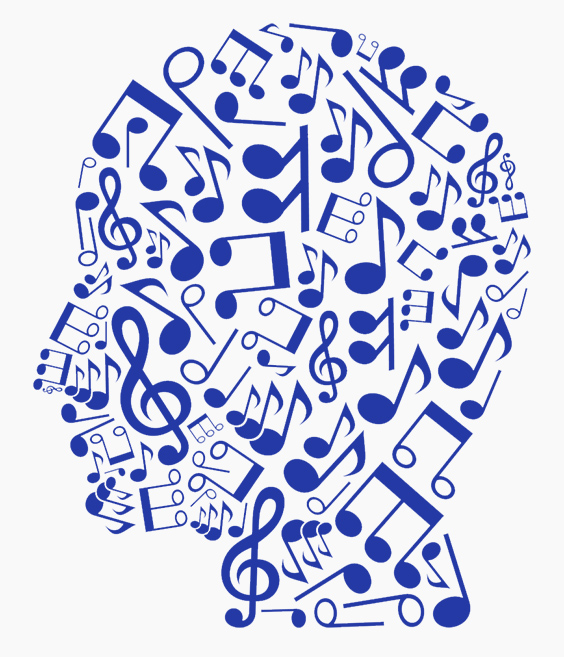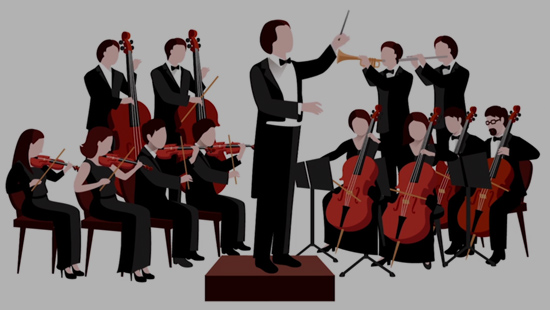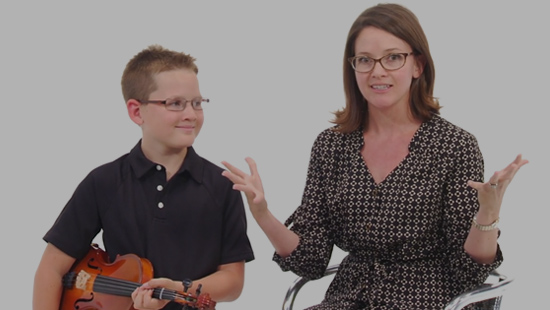El impacto de la educación musical en los niños es profundo.
La música no solo produce sonidos, sino que cambia la forma en que pensamos y actuamos. Las habilidades que tu hijo aprenderá en música le ayudarán a tener éxito en el escenario, en el aula y durante el resto de su vida.

DE LOS OFICIALES DE ADMISIONES DE LAS PRINCIPALES UNIVERSIDADES DEL PAÍS CONSIDERAN QUE LOS CRÉDITOS Y LOS LOGROS EN ARTES EN LA ESCUELA SECUNDARIA SON FACTORES IMPORTANTES PARA LA ADMISIÓN.
PUNTOS MÁS ALTOS OBTENIDOS EN EL SAT POR ESTUDIANTES PARTICIPANTES EN PROGRAMAS DE MÚSICA DE ESCUELAS PÚBLICAS, SEGÚN EL COLLEGE ENTRANCE EXAMINATION BOARD.
LEWIS THOMAS, MÉDICO Y BIÓLOGO, DESCUBRIÓ QUE LOS ESTUDIANTES DE MÚSICA CONSTITUYEN EL MAYOR PORCENTAJE DE ESTUDIANTES DE MEDICINA ACEPTADOS.
DE LOS ENCUESTADOS (ENCUESTA GALLUP) CREEN QUE LA MÚSICA FORMA PARTE DE UNA EDUCACIÓN INTEGRAL Y DEBE OFRECERSE COMO PARTE DEL PLAN DE ESTUDIOS REGULAR EN LAS ESCUELAS.
Mensaje del director:
Welcome, and thank you for your interest in our Orchestra family! Here, students learn how to play the violin, viola, cello, or bass - but that's just the beginning! They learn music theory, composition, music history, as well as teamwork, leadership, organization, time management, and many other "soft skills." Music study has also been shown to engage the brain in a more complete way that other subjects can't, and music students often have higher rates of success when it comes to standardized testing, graduation rates, and college admissions. Learning to play an instrument doesn't guarantee you'll be a smarter, better person, but it certainly doesn't hurt!
Demostraciones de instrumentos
¿Tu hijo está interesado en unirse a la orquesta?
¡Háznoslo saber!
Información de contacto
Sullivan Middle School OrchestraDirector: Kim Le
Teléfono: 8039853043
Correo electrónico: kle@rhmail.org
Sitio web: http://www.musicalle.weebly.com







